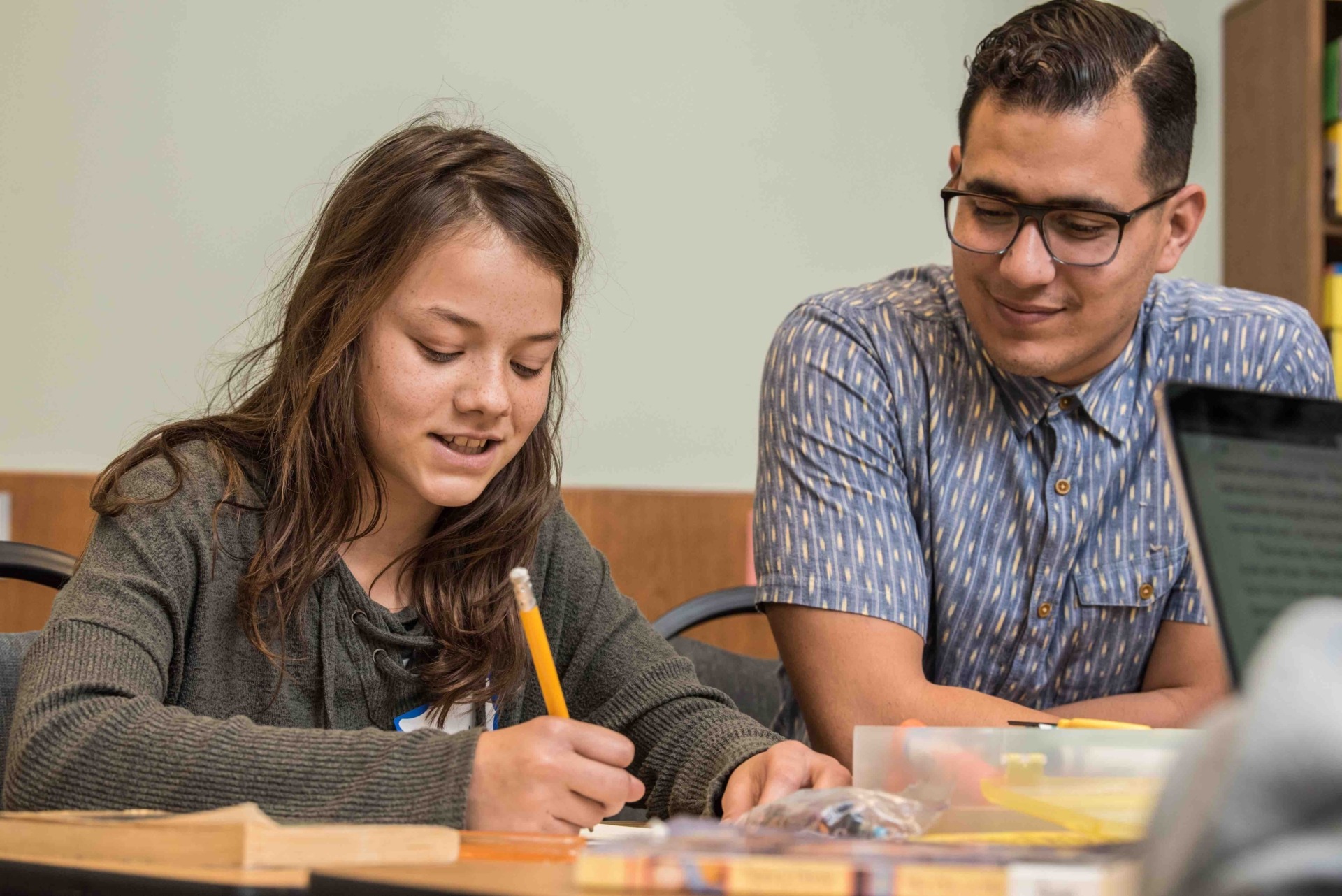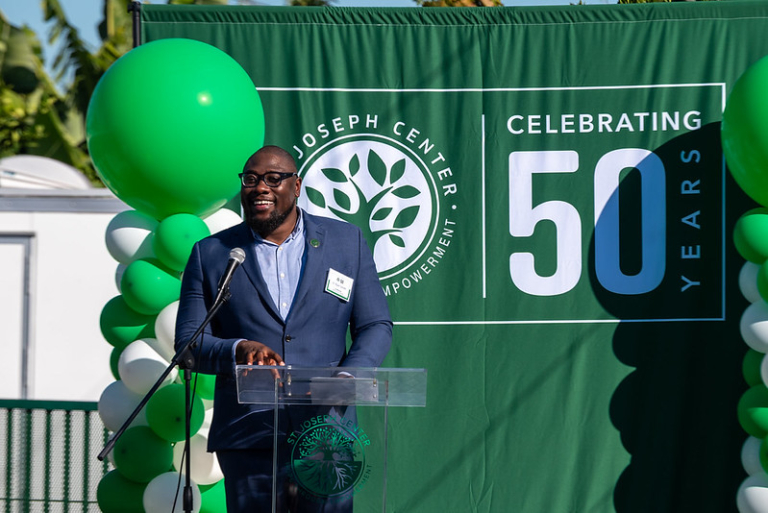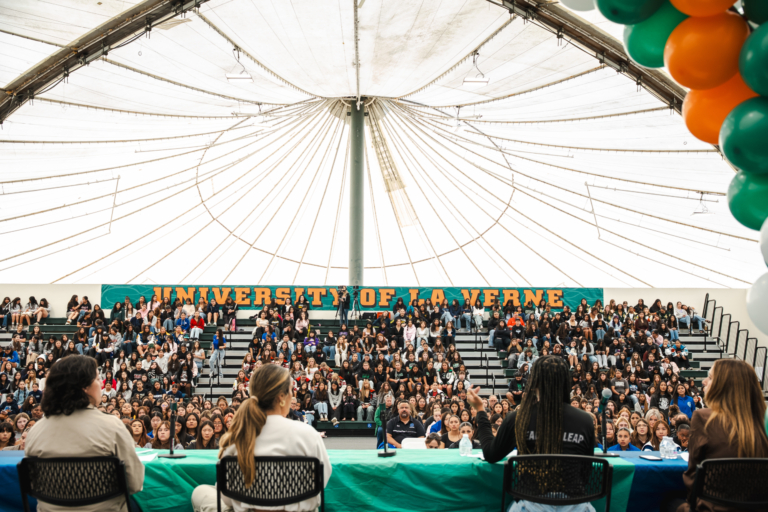Leading Dyslexia Accreditation

The University of La Verne Dyslexia Teacher Training Professional Certificate Program has successfully fulfilled the high standards for accreditation from the International Multisensory Structured Language Education Council (IMSLEC), becoming the first to do so in the state. Accreditation by IMSLEC is a valuable marker for educators considering options to receive training in the latest research and evidence-based practices in multisensory structured language reading.
“This accreditation validates the exceptional quality of our program and enhances our ability to support diverse learning communities,” said Marga Madhuri, education professor and chair of the program offered through the LaFetra College of Education Center for Neurodiversity, Learning, and Wellness.
The IMSLEC accreditation arrives at a critical time, aligning with new state mandates that require all kindergarten through second-grade students to be screened for reading delays, including dyslexia, by the 2025-26 school year.
Last year, California became the 41st state to enact legislation mandating early reading screenings. According to the National Center on Improving Literacy, these brief evaluations are designed to identify students at risk for reading difficulties and serve as an initial step rather than a replacement for comprehensive assessments. Proficiency in literacy is strongly linked to broader societal outcomes including graduation rates, employment opportunities, and economic stability.
“The earlier we can identify who needs intervention, the quicker we can close the gap,” said Melanie Jones-Moreno, a West Covina Unified School District educator who was promoted to dyslexia teacher on special assignment after becoming certified through the University of La Verne program.
Jones-Moreno has worked as a structured literacy coach, trainer, consultant, and intervention provider for the district. She is involved in planning and influencing decisions that improve reading outcomes and real system change.
“I work with the kids who have the most significant struggles in reading. The knowledge and skills I gained from this program have changed the lives of those children,” she shared. “When everyone had given up on the hope that they would read, I could provide the lessons designed for this program and help them gain literacy skills no one thought was possible. This program goes above and beyond the other training programs that are out there.”
The university’s train-the-trainer program helps increase the number of qualified language education specialists in California, supporting compliance with state mandates. Designed by renowned field experts Nancy Cushen White and Mary Farrell, the certification program was started in 2018. Now in its fourth cohort, more than 40 individuals have been trained throughout California.
A distinctive feature of the program is its rigorous practicum, requiring participants to complete 60 sessions with students. This hands-on experience contrasts with other programs that offer only training. Additionally, certified trainers must complete extensive observation hours and assessments with trainees.
“While foundational knowledge is beneficial for all educators, the true impact of our program lies in its practical component,” explained Madhuri. “Intervention is most effective when educators can work directly with students, applying targeted strategies to address their specific challenges.”
For more information, visit education.laverne.edu/dyslexia-training-professional-certificate.


